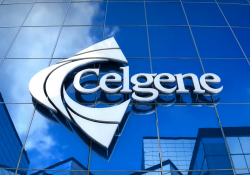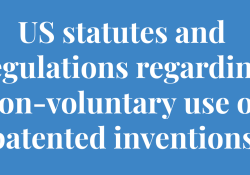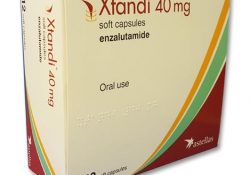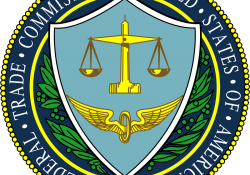On February 14, 2018, KEI meet with the FTC to express our opposition to Celgene’s proposed acquisition of Juno Therapeutics. Celgene-Juno-KEI-FTC16Feb2018 The Celgene acquisition of Juno Therapeutics would give Celgene control over competing candidates for the treatment of multiple myeloma… Continue Reading →
USDOJ 2017 UPDATE OF THE ANTITRUST GUIDELINES FOR THE LICENSING OF INTELLECTUAL PROPERTY STANDARD SETTING AND COMPETITION November 8, 2012 COMPETITION, INNOVATION AND INTELLECTUAL PROPERTY, April 26, 2012 CHAPTER 6 : COMPETITIVE ISSUES REGARDING PRACTICES THAT EXTEND THE MARKET POWER… Continue Reading →
(More on compulsory licensing here.) This is a non-exhaustive set of provisions in US statutes that are used to for non-voluntary use of patented inventions. 28 U.S.C. 1498 – Patent and copyright cases (a) Whenever an invention described in and… Continue Reading →
For more information on the 2021-2022 Xtandi request please visit: https://www.keionline.org/xtandi2021 (More on government funded inventions here.) On January 14, 2016, Knowledge Ecology International (KEI) and the Union for Affordable Cancer Treatment (UACT) submitted a request to the National Institutes… Continue Reading →
On August 13, 2014, the Republic of South Africa (RSA) Competition Commission (CC) released the redacted versions of the reports provided to the CC by CPTech in 2003 in the TAC competition case involving GSK and Boehringer Ingelheim. A complete… Continue Reading →
July 15, 2014
Knowledge Ecology International (KEI) asks the FTC to investigate Shire decision to abandon efforts to compete in US market for Fabry’s disease treatments. Letter to FTC provides evidence of possible conspiracy to segment markets, involving licensing of an NIH funded invention for use in Europe, in return for abandoning efforts to enter US market.
For More Information:
James Love, Knowledge Ecology International
Email: james.love@keionline.org
Tel +1.202.332.2670
Cell +1.202.361.3040
Continue Reading →
Informed sources have revealed that Mark Dybul, Executive Director of the Global Fund to Fight AIDS, Tuberculosis and Malaria, is the brains behind an initiative to create global framework for the tiered pricing or in the Global Fund’s own words, “Equitable Access to Essential Medicines and Vaccines: Developing a Framework for Success”, enforced by the rules of the World Trade Organization. KEI has obtained this internal concept note prepared by the Global Fund which we understand is a work in progress.
Continue Reading →
On January 16, the India Intellectual Property Appeals Board (IPAB) began a hearing on the merits of Bayer’s appeal of India’s first compulsory license.
The outcome of this trial, which focuses on the cancer drug Nexavar, is a matter of first impression for the IPAB, and is expected to set precedents on a wide range of issues, including the permissible grounds for granting compulsory licenses, the relationship between the India patent law and the TRIPS Agreement, and the setting of terms and conditions for the compulsory license, including the royalty rates.
Continue Reading →
The India Controller General Controller General of Patents, Designs & Trade Marks has just (March 12, 2012) issued an order granting a compulsory license to patents on the cancer drug sorafenib/Nexavar, in the matter of NATCO Vs. BAYER. A copy of the decision is attached below.
Continue Reading →
KEI has provided an affidavit in an India compulsory licensing dispute involving Natco and Bayer, for patents on the cancer drug sorafenib (sold by Bayer under the brand name Nexavar).
 The Bayer price for sorafenib/Nexavar in India is $47 per 200 milligram tablet. At a daily dose of 4 tablets, this comes to $5,637 per month, or more than $68 thousand per year. In 2010, per capita income in India was $1,330.
The Bayer price for sorafenib/Nexavar in India is $47 per 200 milligram tablet. At a daily dose of 4 tablets, this comes to $5,637 per month, or more than $68 thousand per year. In 2010, per capita income in India was $1,330.
Continue Reading →







 The Bayer price for sorafenib/Nexavar in India is $47 per 200 milligram tablet. At a daily dose of 4 tablets, this comes to $5,637 per month, or more than $68 thousand per year. In 2010, per capita income in India was $1,330.
The Bayer price for sorafenib/Nexavar in India is $47 per 200 milligram tablet. At a daily dose of 4 tablets, this comes to $5,637 per month, or more than $68 thousand per year. In 2010, per capita income in India was $1,330.